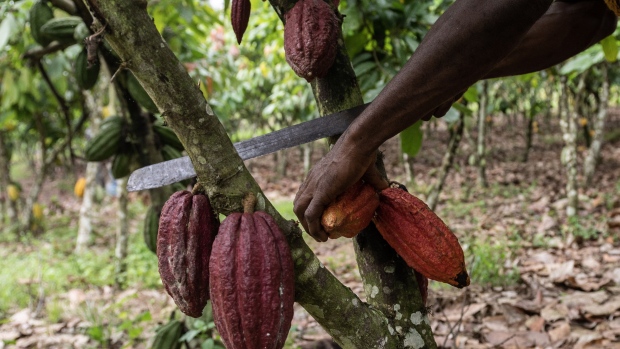In a historic move, Ivory Coast is set to become the first country in sub-Saharan Africa to issue a eurobond following a nearly two-year absence from the international debt markets.
President Alassane Ouattara announced the plan to issue a new eurobond next week, stating that the government will continue the structural transformation of the Ivorian economy. This includes accelerating investments in digital technology, transport, and the exploitation of recent oil and gas discoveries.
Although the president did not disclose the size of the planned deal, Ivory Coast is expected to be one of the fastest-growing economies in the region by 2024.
Following the announcement, yields on the country’s existing eurobond due July 2024 fell 17 basis points on Monday to trade at 8.36%.
According to Søren Mørch, portfolio manager at Danske Bank Asset Management, Ivory Coast will likely issue the eurobond in dollars and in the 10-year tenor. The country aims to sell it at around 8.50% to 8.75% with a size of $1 billion to $1.25 billion.
This development comes at a time when nations in sub-Saharan Africa have been effectively locked out of international debt markets due to the aggressive interest rate hikes by the US Federal Reserve in 2022 to combat high inflation. The last time sub-Saharan African countries spent a full year without a single international bond sale was in 2009, amid the global financial crisis.
Ivory Coast’s decision to issue a eurobond signals its confidence in the country’s economic growth and its determination to continue attracting investment from international markets.
As the first country in sub-Saharan Africa to take this bold step, Ivory Coast is setting a precedent for other nations in the region and positioning itself as an attractive investment destination.
The move is expected to bolster the country’s economy and pave the way for increased infrastructural development and growth in various sectors, including technology and energy, benefiting the Ivorian people and the region as a whole.
This landmark decision by Ivory Coast marks a significant step forward for the country’s economic development and demonstrates its commitment to harnessing the potential of its diverse resources to drive sustainable growth and prosperity for its citizens.

